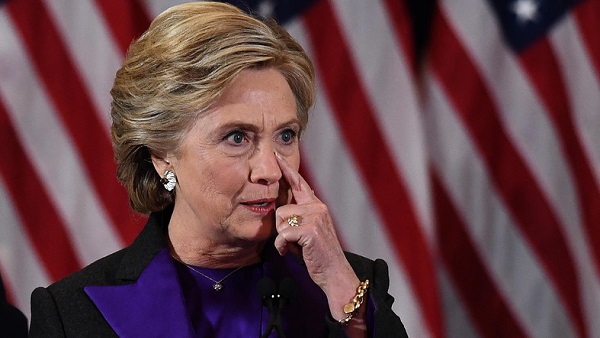If current tallies hold, Donald Trump will have won the US presidential elections while losing the popular vote, making him the second straight Republican commander-in-chief to do so – and likely raising calls for electoral reform. Results were still trickling in on Wednesday as districts continued to count ballots including those from absentee voters.
Democrat Hillary Clinton was ahead of Trump in the popular vote by a razor-thin margin, 47.7 percent to 47.5 percent, or 59,689,819 votes to 59,489,637. But because of the nature of the state-by-state winner-take-all Electoral College system, Trump prevailed by clinching a majority of the Electoral College’s 538 votes.
Robert Shapiro, a political science professor at Columbia University, said critics will likely push for US officials to abolish the arcane system. “There might be some initial clamor, but then it will disappear,” Shapiro told AFP, noting that fully scrapping the Electoral College would require amending the US Constitution, an extraordinarily difficult task.
Clinton’s popular vote performance brought to mind the controversial 2000 election, when Democrat Al Gore took 48.4 percent of the popular vote to George W. Bush’s 47.9 percent. With close elections increasingly the norm, Shapiro expects more outcomes in which the popular vote winner falls short of electoral victory, which for some raises “the question of how democratic our system is.”
At the moment, Democrats have been the victims of the system. When a Republican candidate suffers the same fate, he added, there might be broader, bipartisan calls for electoral reform. While “one person, one vote” is a pillar of democracy, the irony is that US Constitution does not provide for the right to directly vote for the presidency of the United States.
Each of the 50 states and the capital Washington has a number of electors based on its congressional representation. Texas, the second most populous state, has 38 electoral votes. In the winner-take-all system, Trump won the state by 53 percent to 43 percent for Clinton, but that earned Trump all 38 electoral votes.
As it stands today, states could take matters into their own hands without changing the Constitution, Shapiro explained. Each state legislature could pass a law that simply requires its state to allocate its electors to the winner of the national popular vote. Efforts to introduce such reforms have come up short.
Source: AFP


